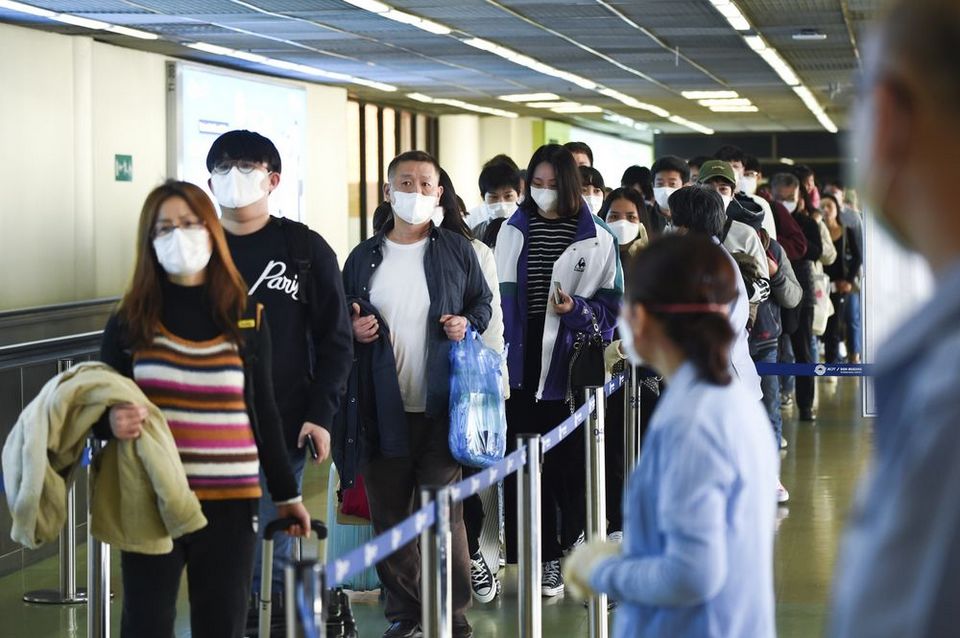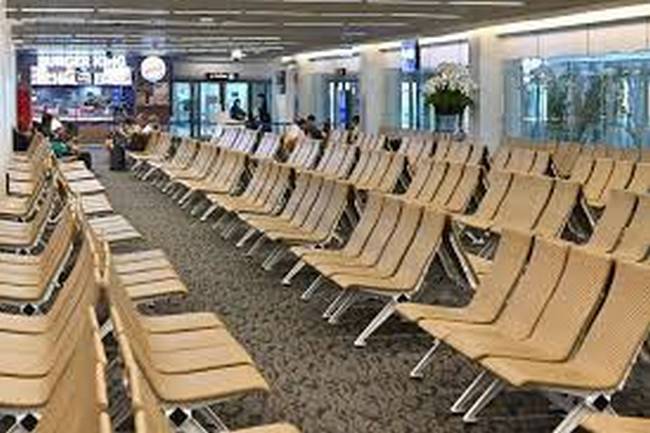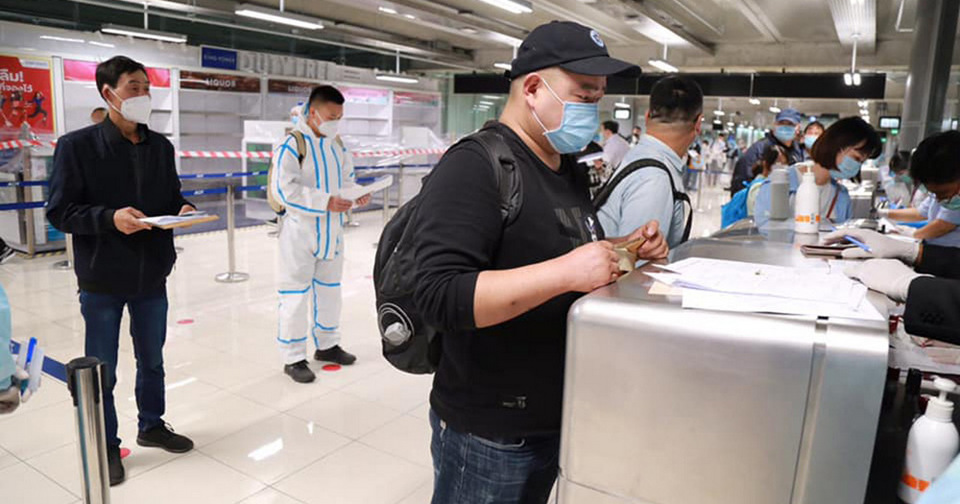
Potential visitors to Thailand now have a dozen or so avenues to fit themselves into a category to apply for a certificate of entry from their local Thai embassy which in turn requires a stack of documentation including Covid-19 insurance and pre-departure health checks. Currently, all arrivals are subject to 15-days quarantine, although this has become a simpler procedure now that government-registered hotels can advertise on Agoda.
The Thai authorities initially allowed select groups of foreigners to return last July. The earliest categories were diplomats, permanent residents (with a police red book), students and work-related applicants. There was also a curious medical tourist clause which, however, required the applicant to prove he or she had an illness which could not be treated in the home country. Foreigners who had a Thai wife or family to support were added to the list in August, ostensibly for humanitarian reasons.

More categories were progressively added. It is now possible to apply to return for those holding the Elite visa or owning a property in their own name, although the detail can be complex and the website of the appropriate Thai embassy should always be consulted. It is clear that the Thai government is encouraging rich foreigners to get involved. The lure of being able to work without needing to apply separately for a work permit from the Ministry of Labour is also being actively promoted for the most serious investors.
Foreigners applying for any type of visa based on retirement, including “O”, “O/A” or “O/X”, can now request a certificate of entry from the appropriate embassy. But all three now appear to require a general health insurance policy of 400,000 baht (inpatient) and 40,000 baht (outpatient) in addition to a Covid-19 specific insurance to the value of US$100,000. It is easy to apply on-line for Covid-specific insurance for anyone up to the age of 99, with variable costs according to the country of origin and not the age of the applicant, but the general health insurance condition is a very different issue. That can prove difficult or impossible for those in their 70s and 80s with or without significant precondition illnesses.

The most recent relaxation of the regulations is for tourists. They can apply for a single-entry tourist visa (60+45 days) or a Special Tourist Visa (90+90+90 days). Apart from the time difference, a significant point is that the STV requires the double whammy insurance (general health cover as well as Covid) whereas the single-entry tourist visa needs only Covid protection. The latest opportunity is that the visa-exempt 30 days (+45 on request) for some countries, including the UK, US and most of Europe, has also been resurrected. But embassy permission is still required and Covid19 insurance and quarantine are still mandatory.
The worldwide arrival of vaccination programs are unlikely to affect Thai immigration rules in the near or medium-term future. The country is not scheduled to begin its program significantly before mid-year and it is currently unclear if available vaccines prevent the patient from spreading the virus to others in addition to offering personal protection. There are also ongoing global concerns about fake vaccination certificates.
These issues indicate that there can be no return to 2019 (when all you needed was a passport and an air ticket to satisfy immigration rules) any time soon. Moreover, the future trajectory of the pesky virus is still very much an unknown factor. The prime minister very recently warned that gatherings or meetings of more than five people could be banned if the situation in Thailand for community transmissions got any worse. Hold on to your hats, this could still be a bumpy ride.





